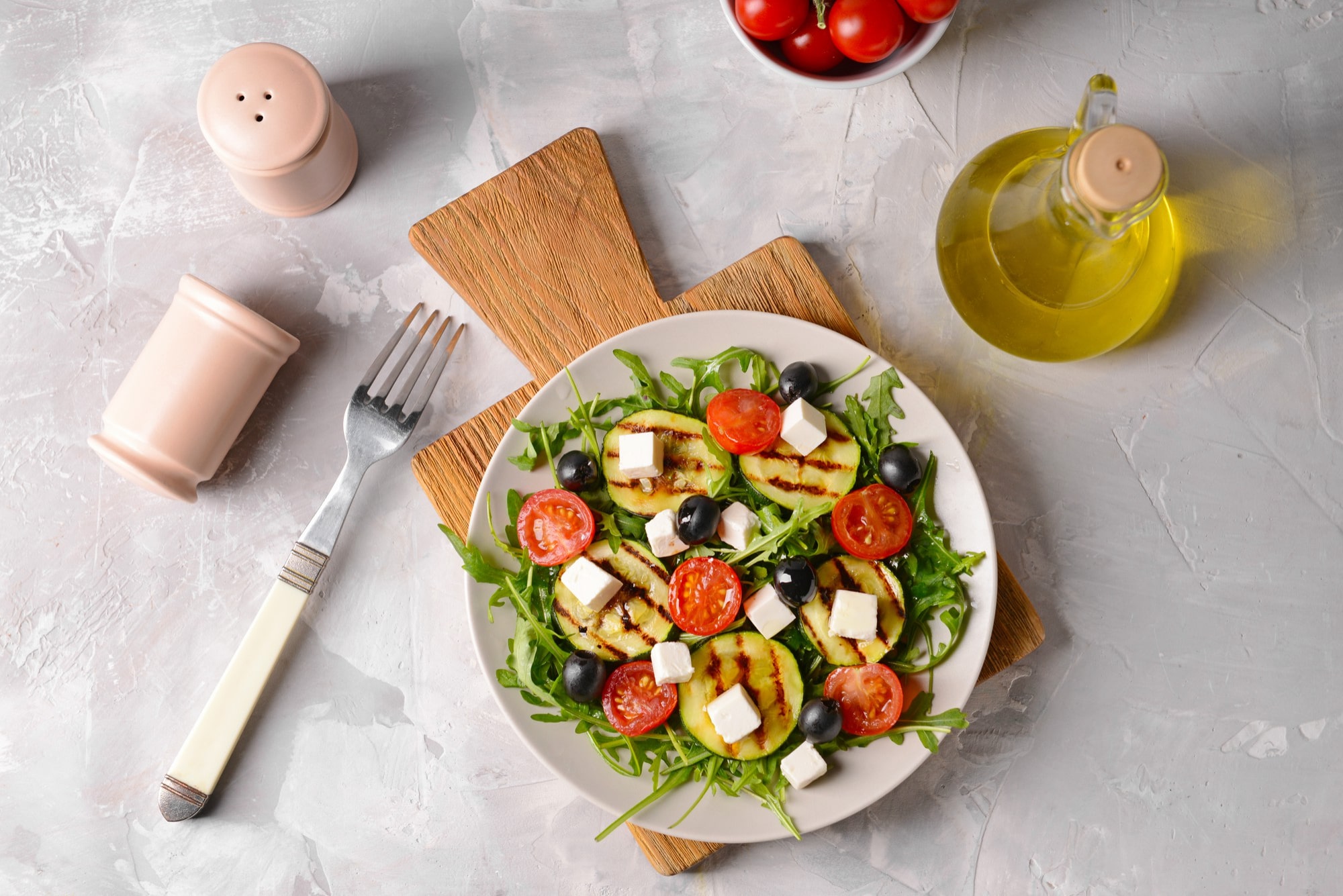Table olives are a cornerstone of the Mediterranean diet. With a rich history, they are prized not only for their distinctive flavor but also for their nutritional properties, contributing to a balanced and healthy diet. As a fundamental element of Mediterranean culture and gastronomy, their versatility in the kitchen makes them a key ingredient in a wide range of dishes, from appetizers to main courses.
The History and Origins of Table Olives
Table olives boast a history spanning thousands of years. Their cultivation has been a vital part of Mediterranean culture since antiquity, reflecting their importance in both diet and social traditions.
The Cultivation of Olive Trees in Ancient Times
The olive tree is considered one of the oldest cultivated trees in human history. Originating in the Mediterranean region, it first thrived in its wild form. Ancient civilizations, including the Phoenicians, Greeks, and Romans, highly valued the olive tree for its fruit—both as a direct food source and for olive oil production. Within these cultures, the olive tree became a symbol of peace and prosperity, deeply embedded in traditions and customs.
If you want to know more about oblivion, in our blog we have a post about its history, its curiosities, etc…
The Global Expansion of Olive Cultivation
The spread of olive cultivation was driven by trade and exploration. From the 16th century onwards, Spanish explorers introduced olive trees to the Americas, where they adapted to various climates. Today, South American nations, as well as regions in Australia and North America, also cultivate olives. However, Spain remains the world’s leading producer. This global expansion has allowed table olives to integrate into diverse culinary traditions worldwide.
Table Olives in Mediterranean Culture
Beyond their nutritional role, table olives have held a symbolic and cultural significance in Mediterranean societies. They are a staple at mealtimes, representing hospitality and conviviality. Frequently served during celebrations and family gatherings, olives are deeply connected to a way of life that embraces communal dining and well-being. In many Mediterranean countries, olives are even regarded as sacred, carrying the legacy of past generations.
Nutritional Benefits of Table Olives
Table olives are a nutrient-dense fruit that offers multiple health benefits. Their composition makes them a valuable component of a balanced diet.
Oleic Acid and Cardiovascular Health
One of the most significant health benefits of table olives is their high oleic acid content, which can reach up to 77%. This monounsaturated fat supports heart health by lowering LDL cholesterol (bad cholesterol) and increasing HDL cholesterol (good cholesterol).
Antioxidants and Protection Against Oxidative Stress
Rich in antioxidants, olives help neutralize free radicals in the body. These compounds play a crucial role in reducing oxidative stress, which is linked to chronic diseases.
Vitamin E and Polyphenols
Among the antioxidants present in olives, vitamin E stands out for its essential role in maintaining cellular health. Additionally, polyphenols exhibit both anti-inflammatory and antioxidant properties, further protecting the body.
Caloric Intake and Weight Management
Despite having an energy density of approximately 150 kcal per 100 grams, olives can be a weight-friendly snack. Their healthy fat content promotes satiety, making them a smart choice for those looking to maintain a balanced diet.
Comparison with Other Snack Options
Compared to higher-calorie snacks (ranging from 450 to 550 kcal per 100 grams), olives are a lighter, more nutritious alternative—ideal for mindful eating.
Fiber Content and Digestive Health
As an excellent source of fiber, olives support digestive health, aiding intestinal function and promoting regular bowel movements.
Mineral-Rich Black Olives
Black olives are particularly high in iron, a mineral crucial for red blood cell production and oxygen transport, contributing to overall health.
The Role of Olives in the Mediterranean Diet
Table olives are a fundamental part of the Mediterranean diet, contributing flavor and numerous health benefits. Their presence in daily meals reflects the region’s nutritional traditions and commitment to cardiovascular health.
Core Principles of the Mediterranean Diet
A Plant-Based Foundation
The Mediterranean diet emphasizes plant-based foods, including fruits, vegetables, legumes, whole grains, and nuts. This dietary approach ensures a broad spectrum of nutrients while promoting overall well-being. Olives, as part of this balance, contribute healthy fats and antioxidants.
The Role of Olive Oil
Olive oil is the primary fat source in the Mediterranean diet, symbolizing its heritage. Olives are the raw material for this oil, highlighting their importance. The monounsaturated fats in olives improve lipid profiles and support cardiovascular function.
Daily Consumption and Health Impact
Recommended Daily Intake
A moderate intake of table olives—around 25 grams per day (approximately seven olives)—is sufficient to enjoy their health benefits without excessive calorie consumption. Incorporating olives into daily meals supports a nutrient-rich, well-balanced diet.
Reduced Risk of Cardiovascular Disease
Research indicates that frequent olive consumption may lower the risk of heart disease. The bioactive compounds in olives help reduce inflammation and improve circulation. Regular inclusion in the diet has been associated with lower LDL cholesterol levels and increased HDL cholesterol, promoting optimal cardiovascular health.
Culinary Uses of Table Olives
Table olives are a versatile ingredient, enhancing a wide array of dishes. From simple appetizers to gourmet creations, their distinctive flavor profile elevates culinary experiences.
Olive-Based Recipes
Salads and Appetizers
Olives add a savory depth to salads, such as:
- Spinach salad with olives, feta cheese, and walnuts.
- Tomato and black olive salad with olive oil and oregano dressing.
- Marinated olives with herbs, garlic, and lemon.
These dishes are not only nutritious but also visually appealing, making them perfect for shared meals.
Main Courses and Tapas
Olives complement main courses, offering rich flavors in:
- Slow-cooked stews featuring olives with meat or fish.
- Pasta dishes with olives, sun-dried tomatoes, and basil.
- Pizzas topped with olives and fresh ingredients.
These recipes appeal to both family meals and social gatherings.
Innovative Uses in Haute Cuisine
In recent years, renowned chefs have experimented with olives, incorporating them into high-end gastronomy:
Olives in Gourmet Gastronomy
Olives have been used in:
- Sophisticated vinaigrettes for gourmet salads.
- Olive-infused ice creams, offering a surprising and unique taste.
- Olive tapenade, a rich spread for bread or vegetable pairings.
These culinary innovations showcase the adaptability of olives to contemporary food trends.
Cultural and Economic Significance of Olives
Olives have left a deep mark on Mediterranean culture, enriching it not only gastronomically, but also from a social and emotional perspective. Their consumption and tradition are intertwined with practices that foster connection and collective well-being.
Emotional Well-Being and the Mediterranean Lifestyle
The Mediterranean lifestyle values shared dining experiences, where olives play a central role. Enjoying olives with family and friends fosters joy and a sense of belonging.
This social aspect of food consumption contributes to emotional well-being, reinforcing strong interpersonal connections.
Olives in Spanish Tradition and Economy
In Spain, olives are not just a culinary staple but also a symbol of cultural heritage. Generations have perfected unique cultivation and processing techniques, deeply rooted in regional history.
Economically, the table olive industry is a key driver in rural employment and international trade. Spanish olive exports continue to strengthen the nation’s position as a global leader in olive production.
Additionally, olive-centric festivals and gastronomic events promote local products, attract tourism, and preserve traditional agricultural practices, supporting both cultural and economic sustainability.









